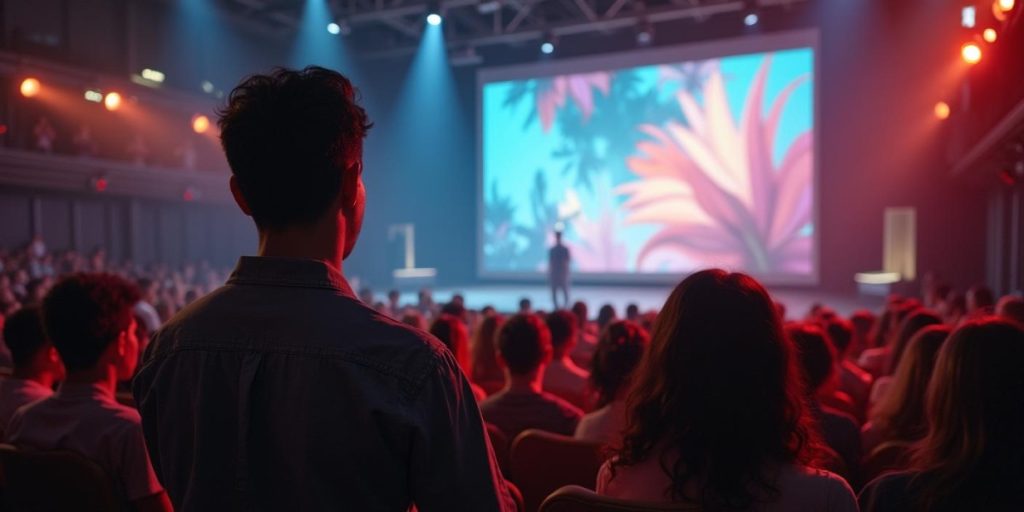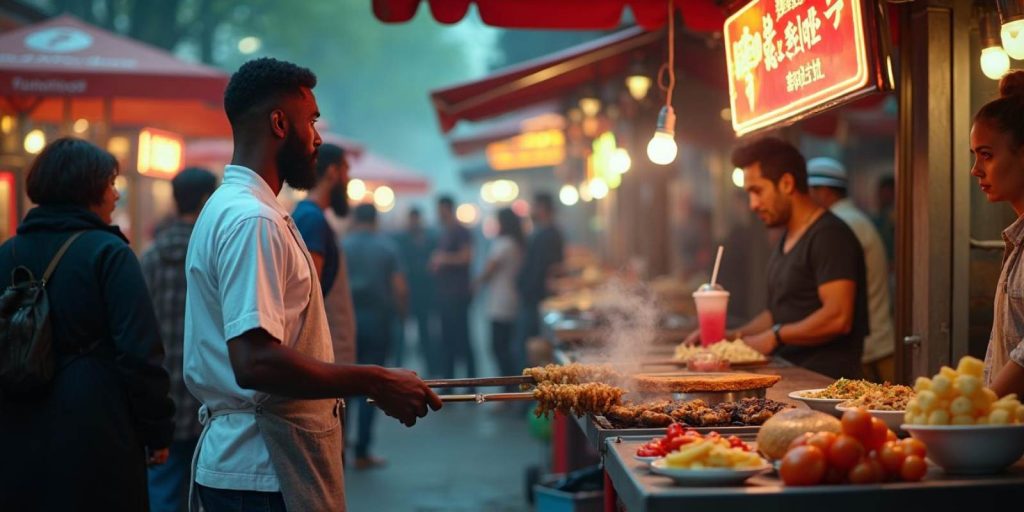In today’s digital age, the impact of social media on cultural trends is undeniable. Platforms like Instagram, Twitter, and TikTok have transformed the way we communicate, share ideas, and consume content. As these platforms continue to evolve, they play a crucial role in shaping societal norms, influencing fashion, music, and even political movements. Understanding this dynamic relationship between social media and culture is essential for anyone looking to navigate the modern landscape effectively.
This article delves into the various ways social media influences cultural trends, from the rapid dissemination of information to the creation of viral phenomena that capture the collective imagination. We will explore how influencers and content creators shape public perception and drive trends, as well as the implications of these changes on traditional media and cultural institutions. By examining case studies and current examples, we aim to provide a comprehensive overview of this fascinating topic.
As you read on, you will discover the mechanisms behind social media’s influence on cultural trends and how it affects our daily lives. We will also discuss the potential drawbacks of this influence, including the spread of misinformation and the pressure to conform to online standards. Join us on this journey to uncover the profound effects of social media on our culture and learn how to harness its power for positive change.
Social media has revolutionized the way we communicate, share information, and engage with cultural trends. Its influence extends beyond personal interactions, shaping societal norms, values, and behaviors. This article explores various aspects of how social media impacts cultural trends.
The Role of Influencers in Shaping Cultural Norms
Influencers have become pivotal in shaping cultural trends through their vast reach and engagement on platforms like Instagram, TikTok, and YouTube. They often set the tone for what is considered fashionable or desirable, impacting everything from fashion choices to lifestyle habits. The rise of influencer culture has democratized fame, allowing individuals from diverse backgrounds to gain visibility and influence.
This shift has led to a more inclusive representation of cultures and lifestyles, as influencers often share their unique perspectives and experiences. However, it also raises questions about authenticity and the commercialization of culture, as brands increasingly collaborate with influencers to promote products. The balance between genuine cultural expression and marketing strategies is a critical aspect of this phenomenon.
Social Media and the Globalization of Culture
Social media platforms facilitate the rapid exchange of cultural ideas and practices across borders, contributing to the globalization of culture. Users can easily access and share content from different parts of the world, leading to a blending of cultural elements. This phenomenon is evident in music, fashion, and culinary trends that transcend geographical boundaries.
While globalization can promote cultural exchange and understanding, it also poses challenges, such as the potential dilution of local cultures. The dominance of certain cultures, particularly Western ones, can overshadow traditional practices and values. Thus, the impact of social media on cultural globalization is a double-edged sword, fostering both connection and cultural homogenization.
The Impact of Viral Trends on Youth Culture
Viral trends on social media platforms often define youth culture, influencing behaviors, language, and social interactions. Challenges, memes, and dance trends can spread rapidly, creating a shared cultural experience among young people. This phenomenon not only fosters a sense of community but also encourages creativity and self-expression.
However, the fleeting nature of viral trends can lead to a culture of disposability, where ideas and expressions are quickly forgotten. Additionally, the pressure to participate in these trends can impact mental health, as individuals may feel compelled to conform to social expectations. Understanding the dynamics of viral trends is essential for recognizing their influence on youth identity and culture.
The Influence of Social Media on Political and Social Movements
Social media has emerged as a powerful tool for political and social movements, enabling activists to mobilize support and raise awareness on critical issues. Platforms like Twitter and Facebook have played significant roles in movements such as Black Lives Matter and climate activism, allowing for real-time communication and organization.
This impact extends to cultural trends, as social media can shape public discourse and influence societal values. The ability to share personal stories and experiences has humanized complex issues, fostering empathy and understanding. However, the spread of misinformation and polarization on social media also poses challenges, complicating the relationship between cultural trends and social movements.
The Evolution of Language and Communication Styles
Social media has significantly influenced language and communication styles, leading to the emergence of new slang, abbreviations, and emojis. These changes reflect the evolving nature of communication in a digital age, where brevity and visual elements are prioritized. The way people express themselves online often differs from traditional forms of communication, impacting cultural norms around language use.
This evolution can enhance creativity and foster a sense of belonging among users who share similar linguistic styles. However, it also raises concerns about the erosion of language skills and the potential for misunderstandings. As social media continues to shape communication, its impact on language and cultural expression remains a vital area of exploration.
| Aspect | Description |
|---|---|
| Definition | Social media refers to platforms that enable users to create, share, and exchange content, influencing cultural trends globally. |
| Global Connectivity | Social media connects individuals across the globe, allowing for the rapid spread of cultural ideas and trends. |
| Influence on Fashion | Fashion trends are often initiated and popularized through social media influencers and platforms like Instagram and TikTok. |
| Music Trends | Platforms like Spotify and YouTube allow artists to reach wider audiences, shaping music trends and genres. |
| Political Movements | Social media serves as a tool for organizing and promoting political movements, impacting cultural and social norms. |
| Consumer Behavior | Social media influences purchasing decisions, with trends often driven by viral content and peer recommendations. |
| Challenges | While social media promotes cultural exchange, it can also lead to cultural appropriation and the spread of misinformation. |
| Future Trends | As technology evolves, social media will continue to shape cultural trends, with emerging platforms and technologies influencing user engagement. |


